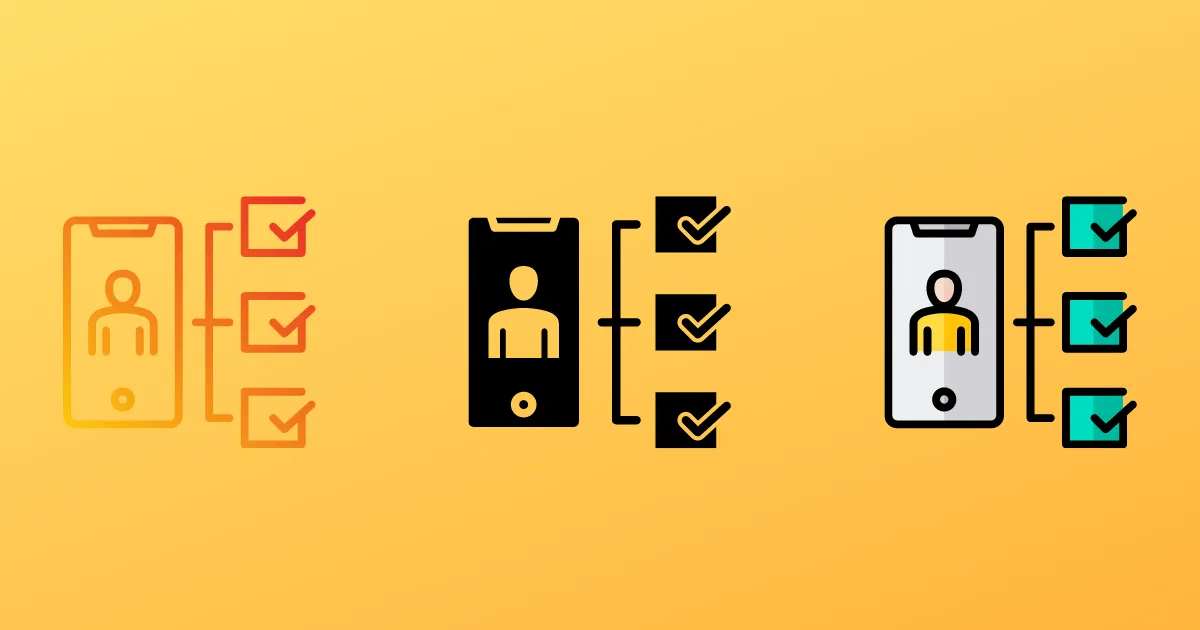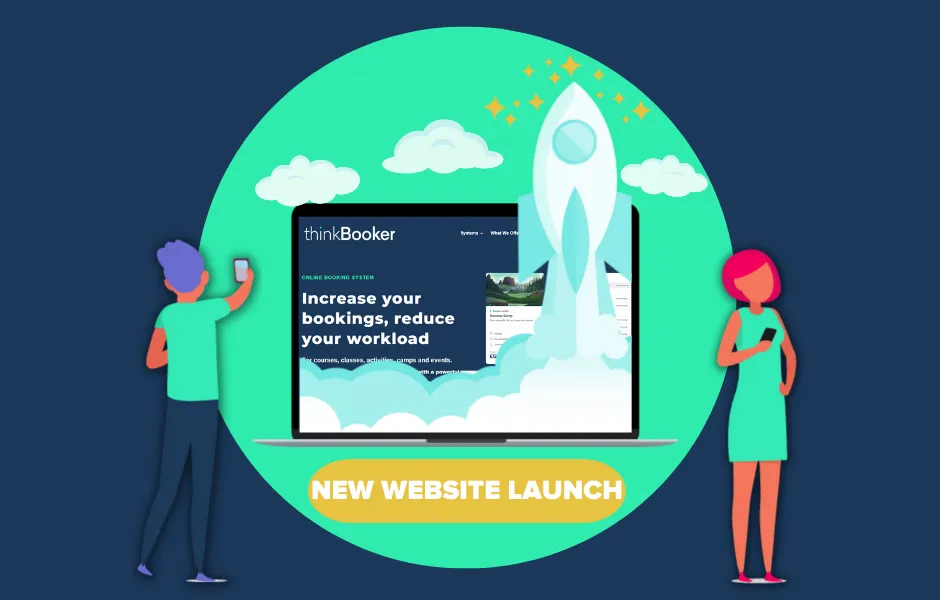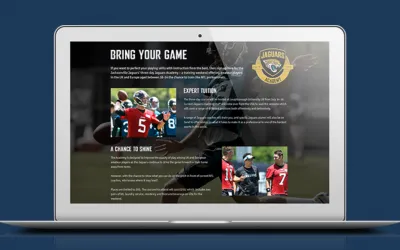Take a digital stroll through your LinkedIn or Twitter feed, or browse the hot topics on the business, marketing and retail news sites and blogs. It probably won’t be long until you hit upon an article talking about customer experience.
One of those en vogue phrases of our time.
It’s the world attuning to the fact that as our digital and physical personas fuse together, the way in which consumers (of which we can all claim to be) make purchases has undergone something of a sea change.
Why?
Because the wealth of information available to us, the new online and offline touchpoints that can bring us into contact with our favourite brands and products, means that we all have to do a bit more to convince our clients to buy from us.
Consumers will frequently have (subconsciously or otherwise) wish list items related to their buying journey, such as (but most certainly not limited to):
- Consistency of experience and brand identity across multiple channels
- Ease of navigation and finding information
- Buy-in to the ethos of your brand
- Easily grasp the value of the proposition
- A sense of fun and / or vibrancy
Everybody has a view on customer experience
Delivering an experience for your customer that ticks these boxes, that exceeds expectations and leaves them all warm and fuzzy for your brand can be the differential to long-term business, and sustained, profitable relationships between client and brand.
It’s the reason that social media channels are abuzz with opinions on the subject.
“Bravely expressing to your customer the WHY behind your gratitude for their business, helps transform the customer from a person who simply buys your…”https://t.co/F3flAAVjBF#business#customerexperience pic.twitter.com/ZjNPImKiTS
— TonyBodoh (@TonyBodoh) August 18, 2022
Did you know that 86% of customers will pay more for a better customer experience, according to @PwC_UK. Discover how we can help transform your business and drive profitability by improving the #CustomerExperience https://t.co/XJPyjpjk0c pic.twitter.com/JnlIqjiBCL — insight6 (@insight6CX) August 19, 2022

Who’s Responsible?
Is it the marketing or brand manager who needs to take ownership of customer experience?
- The CEO
- Tech Director
- Sales Manager
- Anyone else occupying a seat on the C-Suite?
The answer, invariably, is that it’s all of the above.
Just as your brand needs to be consistent across every channel and touchpoint, so does your entire team, from the board and management down, need to be singing from the same hymn sheet and adding their own input into the experience your brand delivers to your customers.
Customer Experience and Customer Trust
Providing a positive CX is critical to eliciting a sense of trust from your clients. Statistics show that customers value a great CX. They are willing to pay up to a 16% price premium for it (source: PwC), and 80% of customers say the experience businesses provide is just as important as their products and services (source: Salesforce).
The Covid-19 has been a catalyst which has sped up our adoption of digital technology. We are more reliant on it than ever before. Naturally, consumers are looking for seamless experiences, with 67% of customers saying that their standard for good experiences is higher than ever (source: Salesforce).
If they trust that you have put focus into making their life a little easier, a little less hassled, or enriched it in some way, then they will be more inclined to trust you enough to do business.
And trust in a brand is a big step towards loyalty and advocacy in the long-term.
Sharing Positive Experiences
In a world so dominated by the way we’re perceived across social media, the pay-off in delivering ‘above-and-beyond’ levels of customer experience can be the kind of word-of-mouth endorsements that previous generations could only have dreamed of.
Of course, and to reiterate the notion that customer experience is something that matters to consumers, get it spectacularly wrong and someone, somewhere, will let the world know. Almost half (47%) of all internet users worldwide say they post reviews about a product, company or service each month (source: GlobalWebIndex, 2019).
Technological innovation aimed at customer experience improvements
You want the edge on customer experience across your entire company, and over every channel with which you engage your clients?
Then the technology in which you invest will be crucial to the way you deliver this.
This is the reason CX plays such a significant part of our online booking systems. Not only in delivering a system that provides quality experience for our customers, through efficient workflows, simplified processes and automation; but also for our customers’ customers.
Brand-consistent user journeys and communications, self-service booking tools and user accounts, making life easier and enhancing the relationship between client and company. And, the surfacing of booking and purchase data that feeds into the insight needed to continue delivering targeted, personalised service to each customer.
At thinkBooker, we specialise in online booking systems for training courses, classes, activities and events – optimised for efficiency, growth and ongoing client satisfaction.
Browse the site to learn more about course booking systems, sports booking systems, event booking systems and more, or get in touch directly to find out how we can help you.
Automating course registers in your online booking system reduces manual admin and saves your team hours
We all know that registers are really important when it comes to managing delegates and bookings onto courses, classes and events. But compiling them and ensuring they’re up-to-date can be something of a pain.
And certainly a task that can eat into huge rafts of your working week.
But it doesn’t need to be that way.
The old-fashioned way of making course registers
As the definitive record and log of all those delegates or attendees booked onto the course or similar event, the register needs to be accurate and up-to-date. It is, after all, the document that course leaders (or tour guide or similar) will refer to when checking that those who have booked have attended.
It’s also the sheet that will inform leaders and admin staff alike that all relevant information has been taken to satisfy any customer service or compliance requirements (such as dietary or medical information, or signatures of consent).
The traditional method of compiling these registers is, quite simply, a manual input from a booking manager, or administrator.
This will mean someone meticulously taking the information gleaned at the booking phase and manually adding this into a spreadsheet.
Manually updating registers for your courses is an inefficient use of your staff’s time and can impact sales, performance and customer experience
- It’s slow and laborious – registers might be vital, but their compilation can be a very slow process that saps time away from a staff member whose time could be much better utilised.
- It requires continuous updates – bookings don’t all come in at the same time, meaning that you either have to wait until the last minute and upload everything – which is pretty impractical, and even then, something might be missed or changed. Or, you keep returning the document to amend, edit, add new delegates, update information or delete cancelled bookings. Again, very labour-intensive and an impact on productivity.
Consider an organisation offering multiple sports camps for kids. The registration management could very easily need to include:
- Name
- Age
- Age Group
- Parent / Guardian name
- Emergency Contact
- Dietary Requirements
- Medical Conditions
- Consent to be Photographed
- Consent for Certain Activities
Then consider that a parent might not provide ALL of this information at the same time, meaning you need to return to update when it does arrive.
Then consider that there might be 20, 30, 40, maybe 100 kids on the course, all of whom need this information added.
Then consider that you might have to compile registers for 10, 20, 30 or more courses per month.
What should be a simple data entry process can quickly absorb huge swathes of time that could be put to much more productive purpose.
The Solution
When we talk about thinkBooker saving time and improving business development opportunities, this is a classic example of how we can help achieve this.
Every time a new booking is made, paid and confirmed in the booking system, the details are automatically added to the class register; without need of any manual input.
If the booker doesn’t provide all the information at the point of booking, thinkBooker provides the opportunity for them to simply login to their My Booking area at a later time to add the information, all of which is instantly and automatically added to the register.
This means that the course register is always up-to-date, providing real-time accuracy of delegates and all relevant data.
A task that could have taken hours, possibly days to stay on top of is now compiled in a matter of seconds.
Say Goodbye to Spreadsheet Writing
We know that some of the admin that’s inherent to a booking management process is vital for record-keeping, safeguarding and ensuring that the event is carried out effectively.
What thinkBooker helps you to do is stay on top of this admin, without it being a burden on time.
The days of writing endless spreadsheets can be a thing of the past, as the system pulls it all together for you; allowing you to view on your desktop, laptop, tablet or phone. And allowing your course leaders and instructors to have an accurate expectation of who should be attending, with a digital check-in and check-out feature to ensure accurate records of attendance are maintained.
Time is a precious commodity and to grow your business and deliver the customer experiences that are expected of a successful company, you need to choose the most productive ways to spend it.
Which is why letting a system like thinkBooker take the strain and remove the time-drain of laborious admin processes can allow your team the time to focus more on business development, engagement and service.
You know, all the good stuff.
At thinkBooker, we specialise in online booking systems for training courses, classes, activities and events – optimised for efficiency, growth and ongoing client satisfaction.
Browse the site to learn more about course booking systems, sports booking systems, event booking systems and more, or get in touch directly to find out how we can help you.





